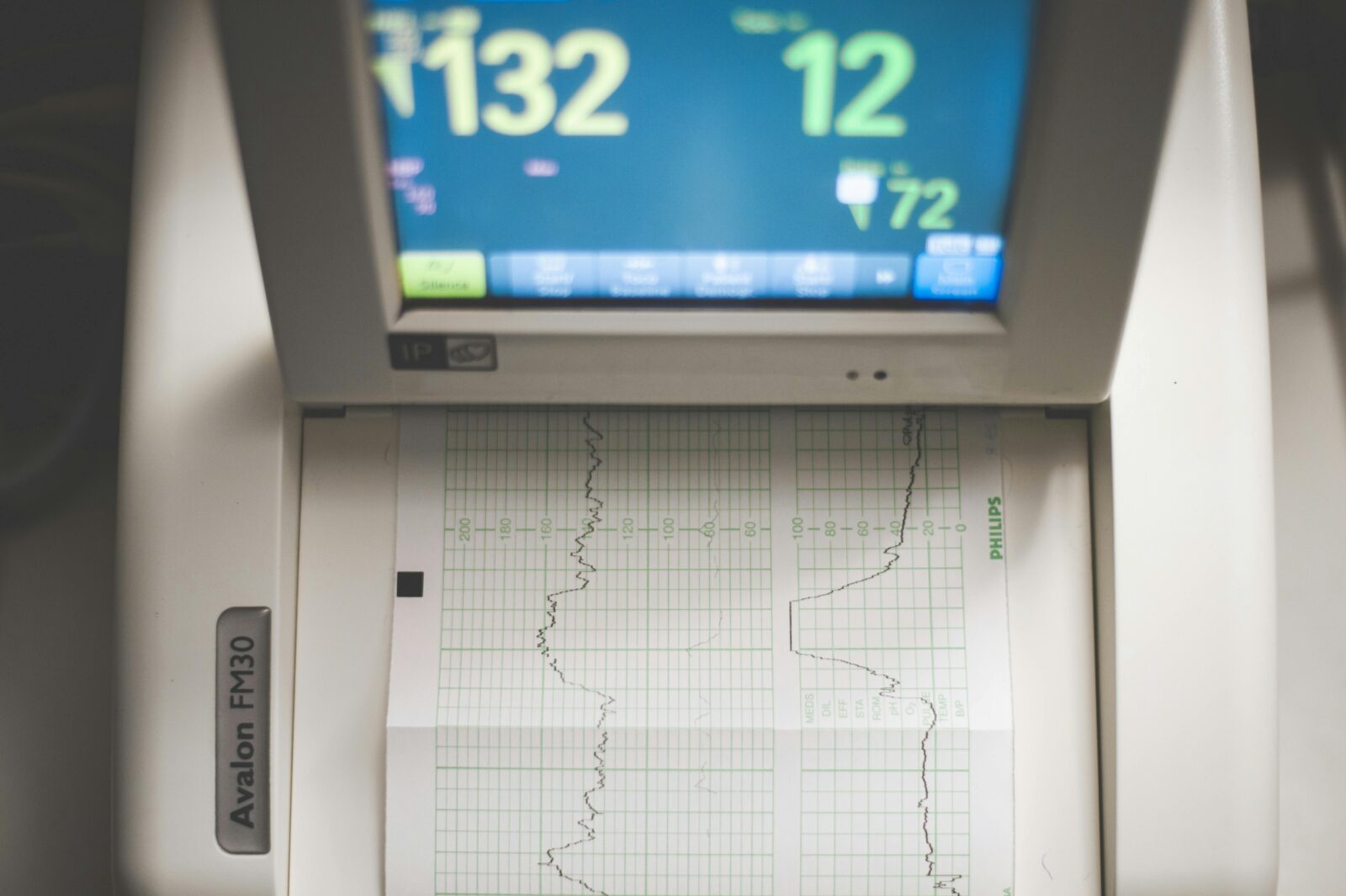
At Coastal Cardiovascular in Wilmington, NC, we take pride in our high standards for cardiovascular services, bedside manner, and individualized care.
Catching and properly diagnosing heart conditions is critical to your overall well-being and longevity. Our state-of-the-art equipment and expert staff ensure that any heart conditions don’t go undiagnosed and can even be found early, giving you the best chance at long term, optimal heart health.
As a specialized cardiovascular care center, we offer an extensive range of tests and screenings to give you the most accurate, comprehensive diagnosis. Some of these include:
A treadmill stress test is a cardiovascular test that measures how well your heart works during exercise. It involves walking on a treadmill while your heart’s activity and blood pressure are monitored. This test can help determine your functional capacity and assess the risk of coronary artery disease (CAD).
Here’s what happens during a treadmill stress test:
A treadmill stress test usually takes about an hour, including prep time. Abnormal results may indicate coronary artery disease, heart rhythm abnormalities, or other cardiovascular conditions.
A nuclear stress test may be recommended if you have symptoms of a heart condition, such as: Chest pain or discomfort, shortness of breath, irregular or rapid heartbeat, and dizziness or lightheadedness.
A nuclear stress test can help diagnose and treat heart conditions, including:
A nuclear stress test is generally safe for older adults. If your doctor recommends the test, they can tell you why they consider it appropriate for you and the possible risks.
A carotid ultrasound, also known as a carotid duplex, is a painless and safe imaging technique that uses sound waves to assess the carotid arteries and blood flow to the brain. It can help diagnose carotid artery stenosis, which is a narrowing of the carotid arteries that can increase the risk of stroke.
A carotid ultrasound can help identify:
A doctor may recommend a carotid ultrasound if you have:
During a carotid ultrasound, you lie on your back while the technician applies a water-based gel to your neck and moves a transducer over the area. The transducer sends sound waves into the arteries, which bounce off the blood vessels to create images.
An echocardiogram is a medical imaging test that uses ultrasound waves to create images of your heart. It allows healthcare providers to assess your heart’s structure and function, including the size and shape of your heart, the condition of your heart valves, and the efficiency of blood flow. This test is non-invasive and typically performed in a hospital or outpatient setting. It can help diagnose various heart conditions, monitor heart health, and guide treatment decisions. If you have more specific questions about echocardiograms or heart health, feel free to ask!
What can I expect during a transthoracic echocardiogram (TTE)?
A TTE takes about an hour. A sonographer or other healthcare provider will:
Why do I need a transthoracic echocardiogram?
Healthcare providers use TTE in many ways. The test can:
TTE can evaluate heart health by:
The test can identify causes of cardiac-related symptoms, such as:
TTE is useful to screen for, diagnose or follow up on specific medical conditions, including:
An EKG, also known as an electrocardiogram, is a simple and painless test that records electrical signals in the heart. Our machines will translate the electrical signs into a wave pattern that our experts will then interpret for signs of irregular heart rhythms, blocked/narrowed arteries, or a heart attack. These can also be used to test whether a treatment is working properly.
Cardiac Amyloid Imaging is an examination that detects amyloid deposits in the heart. Amyloids are an unstable version of Transthyretin, a normal transport protein produced by the liver. Over time, amyloids can build up in the heart muscle, causing the heart walls to thicken and become stiff. This buildup causes the heart to not pump correctly, which could lead to additional heart complications. Cardiac Amyloidosis can also lead to abnormal heartbeats called arrhythmias.
With this imaging test, a radioactive tracer enters the bloodstream through an IV. The tracer collects in areas where the heart muscle has abnormal protein deposits. This is picked up with our imaging machines, which allow our doctors to diagnose and monitor Cardiac Amyloidosis.
Genetic testing allows our specialists to discover if patients have a genetic alteration that could lead to an inherited heart condition. Some cardiovascular diseases, such as arrhythmic disorders, can be passed along genetically. If you or your partner have a heart disease or familial history of a heart condition, genetic testing allows you to make educated decisions on the next steps of your family planning.
Ready to take the next steps in your heart health journey? We’re accepting new patients and can’t wait to meet you!